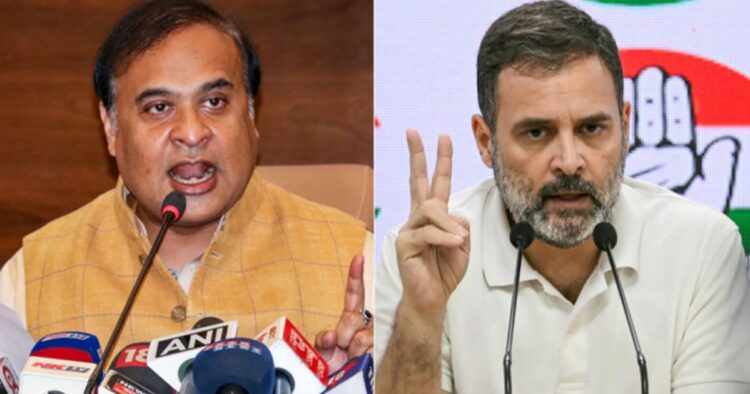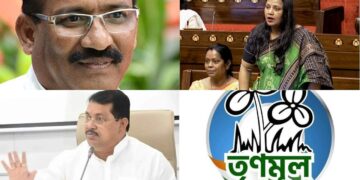In a recent exchange of words between Assam Chief Minister Himanta Biswa Sarma and Congress leader Priyank Kharge, the Chief Minister responded to allegations about an FIR against Rahul Gandhi in a hilariously satirical manner. Kharge had criticized Sarma for not immediately arresting Gandhi, accusing him of being afraid of the truth. Sarma’s comeback was both witty and strategic, stating, “We need Rahul Gandhi during elections brother.”
The remark may seem puzzling at first, but it stems from a long-standing joke among BJP workers and supporters. They playfully consider Rahul Gandhi as the unofficial ‘star campaigner’ for the BJP. This perception arises from Gandhi’s occasional gaffes, perceived lack of political acumen, and controversial statements. Some BJP supporters believe that Gandhi indirectly encourages voters to choose the BJP by presenting Prime Minister Modi as a more favorable alternative.
The recent tiff between Rahul Gandhi and the Assam government revolves around the Congress leader’s ‘Bharat Jodo Nyay Yatra.’ The yatra faced resistance in Assam, leading to clashes between Congress workers and the state police. Chief Minister Sarma, citing unruly behavior and vandalism by Congress workers, directed the police to file an FIR against Rahul Gandhi. The charges include creating disruptions to traffic movement and causing a law and order situation in the busy state capital, Guwahati.
In response to the FIR, the Congress party has claimed that the Assam government is utilizing BJP workers to obstruct Rahul Gandhi’s yatra. Protests by Congress workers in various states have ensued, showing solidarity with their leader and condemning the actions of Chief Minister Sarma. The political tension surrounding the incident highlights the ongoing rivalry between the Congress and the BJP in the region.
As the political landscape continues to evolve in Assam, the amusing exchange between Himanta Biswa Sarma and Priyank Kharge adds a touch of humor to the intense political discourse, showcasing the significance of rhetorical strategies in contemporary Indian politics.

















Comments